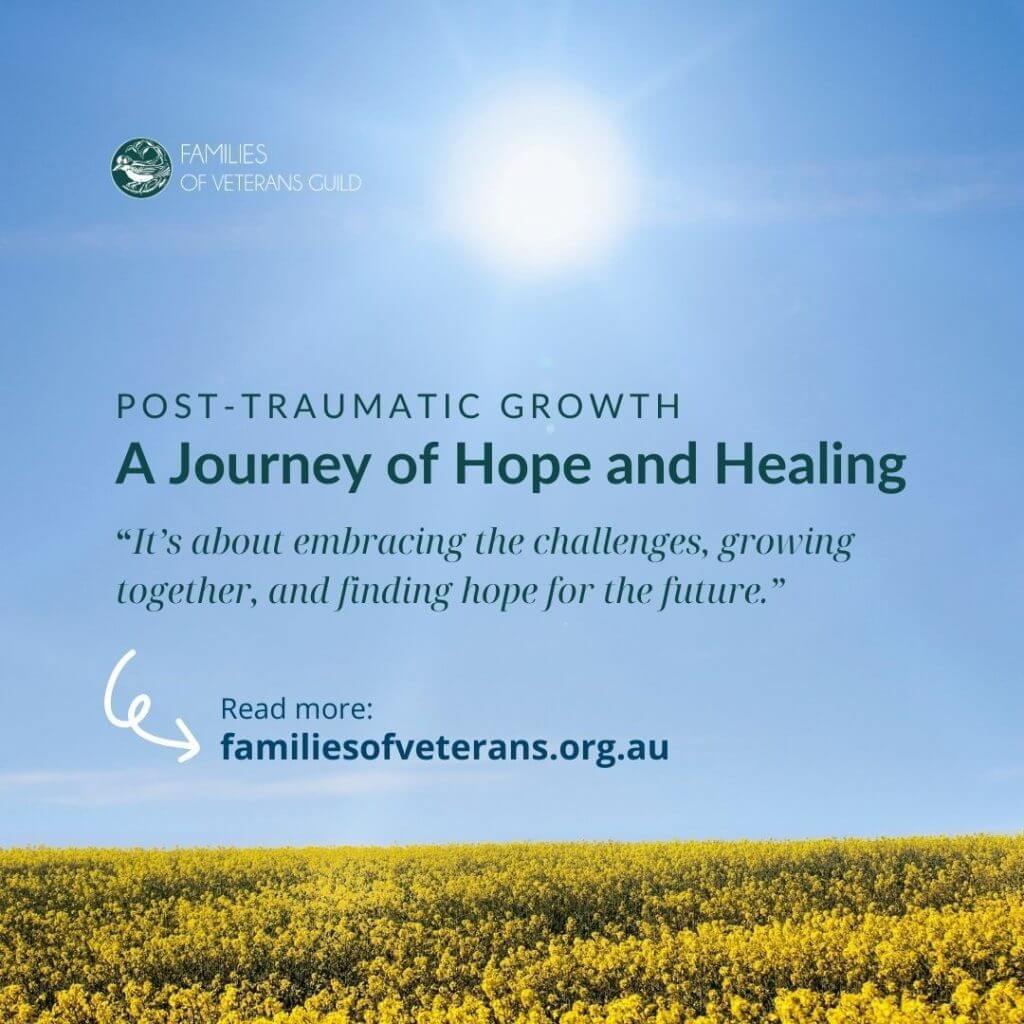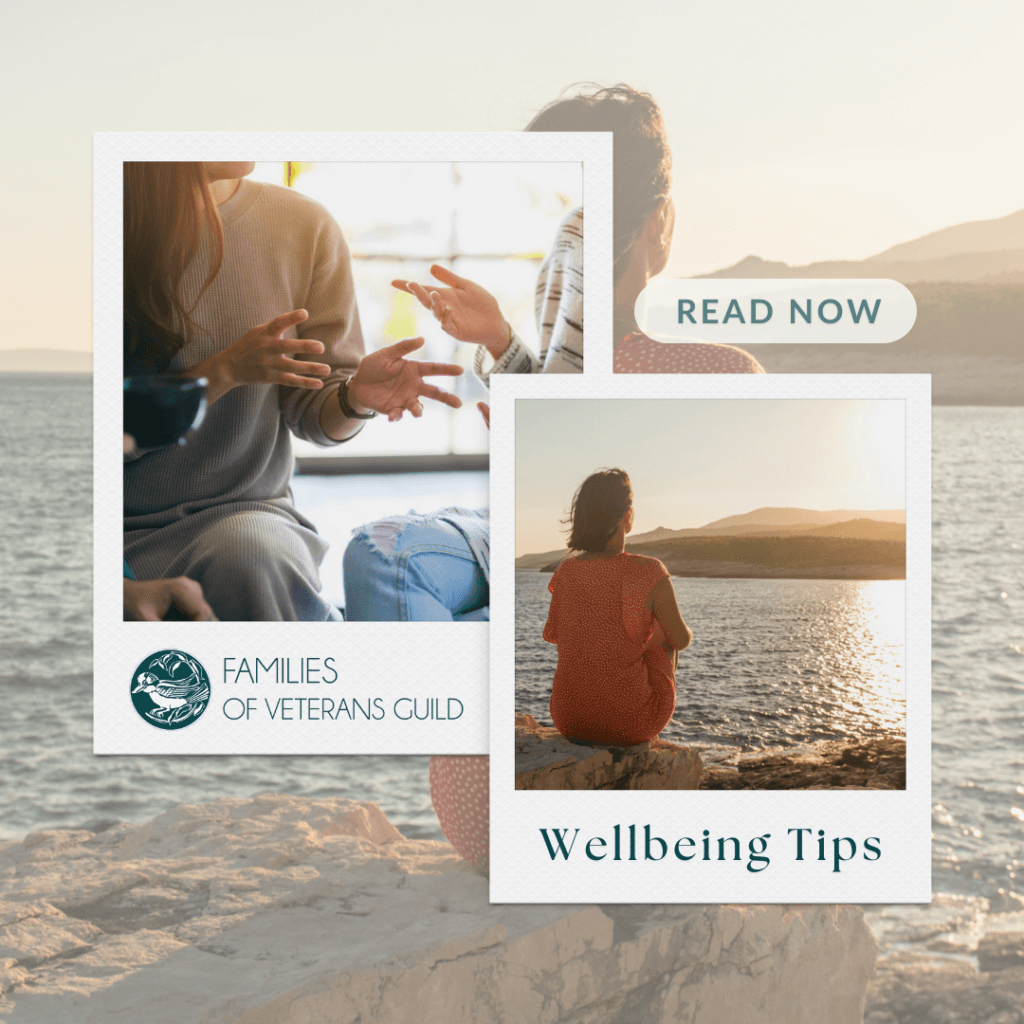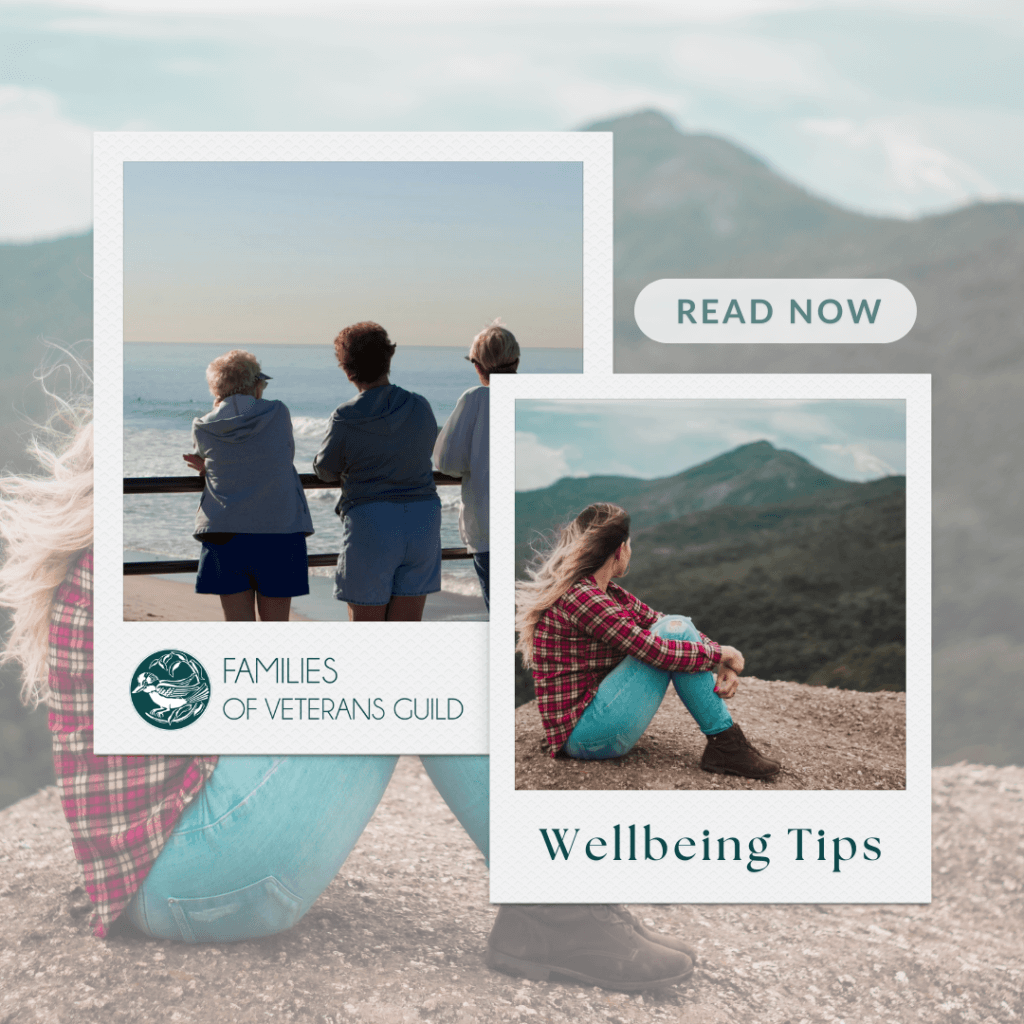Post-Traumatic Growth and Veteran Families: A Journey of Hope and Healing
For many veteran families, the challenges of military service don’t end when the uniform is folded away. The transition back to civilian life can be a challenging journey, particularly when a loved one has experienced trauma during their service. Yet, even amid these challenges, there is a path forward—a journey of hope and healing through post-traumatic growth (PTG). This concept speaks to the potential for positive change and deeper connections that can arise out of adversity.
PTG, introduced by psychologists Richard Tedeschi and Lawrence Calhoun in the 1990s, offers a different perspective on trauma. While much focus has been placed on post-traumatic stress disorder (PTSD), PTG emphasises that trauma can also lead to personal and collective growth. It doesn’t downplay the pain but suggests that through healing, families can find new strength, hope, and purpose.
For veteran families, PTG can begin with a renewed appreciation for life. After enduring the hardships of Defence service – whether through deployments, injuries, or the psychological challenges of service – families often come to value the simple, everyday moments that might have once been taken for granted. Feedback from spouses indicates that working through these challenges helps families start to cherish the little things, like just sitting together in the sunshine of their backyard. These moments of appreciation are not just fleeting; they serve as a foundation for healing, helping families to reconnect and rebuild.
Hope is further nurtured through the strengthening of family bonds. Trauma can test relationships, but it can also fortify them. Veteran families who face these challenges together often emerge with a deeper sense of unity and understanding. Many have shared that despite the difficulties, they talk more, listen more, and feel closer than ever before. The shared experience of overcoming adversity can lead to better communication, greater empathy, and a renewed commitment to one another’s wellbeing. In this way, trauma doesn’t just tear at the fabric of family life; it can also weave it back together, stronger and more resilient.
Healing is also found in the discovery of new personal strengths. Veteran families often find themselves facing challenges that seem insurmountable, yet time and time again, they rise to meet them. Community members have expressed that despite initial doubts, they realised they are capable of much more than they had ever imagined. This process reveals an inner resilience that may have been hidden, a strength that propels them forward. This newfound confidence not only aids in recovery but also empowers families to take on future challenges with hope rather than fear.
Finally, PTG opens the door to new possibilities. For some veteran families, this means embracing a renewed sense of purpose, whether through community service, supporting other veteran families, or simply finding new ways to support each other.
Post-traumatic growth reminds us that even in the darkest times, there is a light that can guide us through. While the scars of trauma may never fully fade, they can become the marks of a battle fought and won, symbols of a family’s courage, resilience, and unwavering hope for the future.




